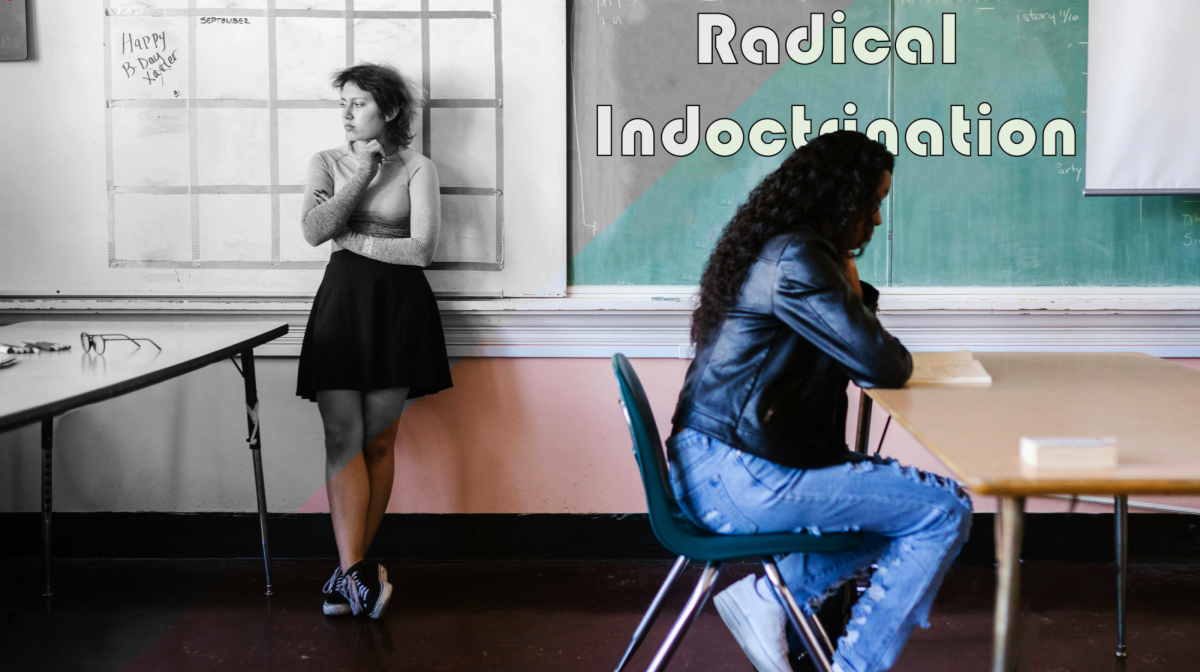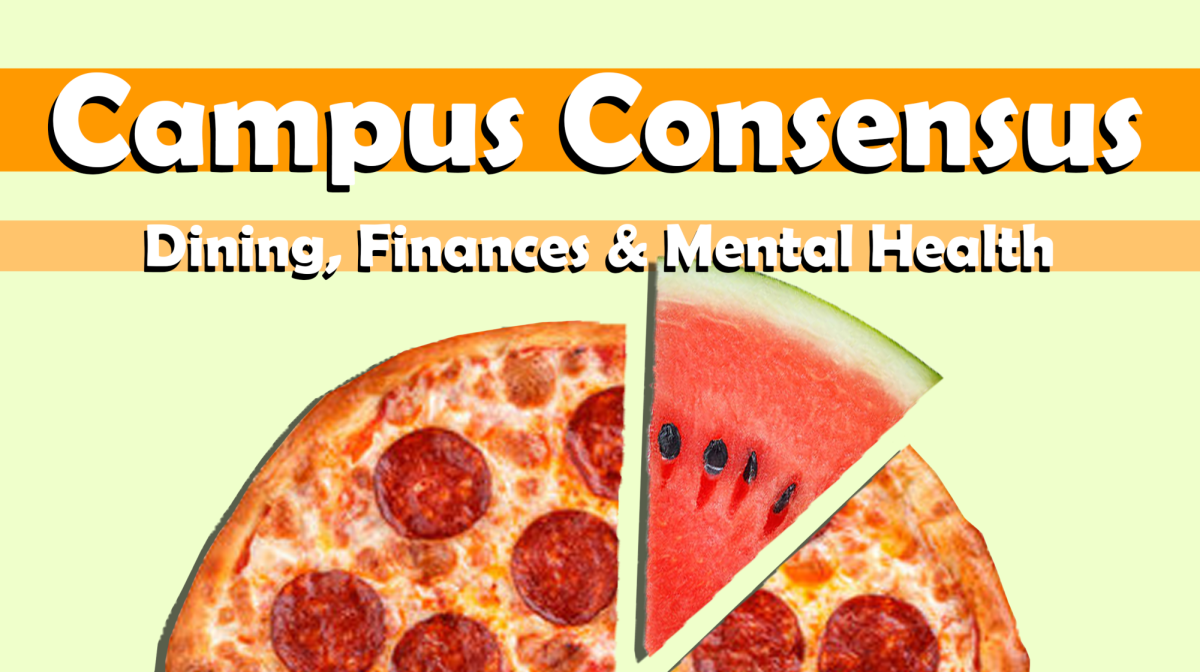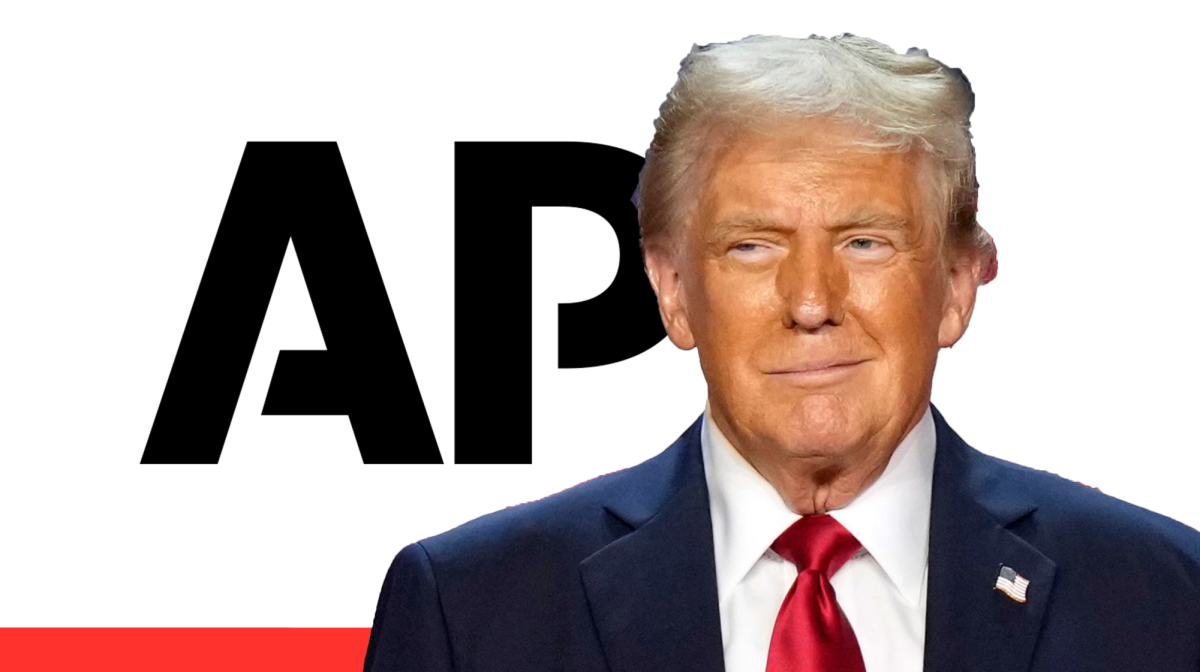The Trump administration recently issued an executive order to “End Radical Indoctrination in K-12 Schooling” through blocking funding for schools that include what the administration described as, “gender ideology and critical race theory in the classroom.” The order states that its main issue is that, “Parents have witnessed schools indoctrinate their children in radical, anti-American ideologies while deliberately blocking parental oversight … These practices not only erode critical thinking but also sow division, confusion, and distrust, which undermine the very foundations of personal identity and family unity.”
The Observer approached students on two different days at the SURC for their thoughts on the executive order, the responses suggest an abundance of displeasure: the following are their responses:
Leylia Wendt, a clinical psychology major said, “I think it’s stupid that he’s doing all this. Regardless of if he gets rid of it, if there’s TikTok, we are going to be able to learn about it.”
Dylan, a sophomore at CWU, said, “Personally I think it’s stupid. Coming from a queer person of color, those things are very important to education systems … At my high school, we had a black student union. We had a specific history club just for BSU. Every week, you would come together and you would research a topic specifically around black history and what wasn’t taught in typical history courses. I think the idea of keeping it [history] to a underdeveloped line of study isn’t great, because if you don’t know history you can’t recognize patterns like fascism, or the warning signs that may happen.”
Anna Atkinson, a communication major, said, ”I think that the policy is awful because, again, it takes away the freedom of speech, and the point of public school is that it’s all around curriculum. The point of private education is if you want to reach out to different religions or groups, then you can do that outside of public education, but to take away something that’s standardized, like history, is awful … I know there’s a lot of controversy around gender ideology and critical race theory and all of that stuff, but it is important and it should be taught in at least some way … It’s just kind of cherry picking what should and shouldn’t be done. And that damages a lot of people, and I think it borders on white supremacy. We shouldn’t whitewash history.”
One anonymous student, who was given anonymity out of fear of retaliation, said, ”I think it is very cruel and manipulative, and it’s using other variables that schools look forward to, such as the funding, and using that against them through what they can teach and what they cannot teach. You’re forcing someone to do what you want, and you’re withholding something that they need. It’s like, if you had a kid and you withhold, no dinner for them unless they do exactly what you want, and if that kid doesn’t do what they want, then they get no food. That’s really cruel, because you’re basically starving them.”
Another anonymous CWU student, who was given anonymity out of worry surrounding exclusion, said, “When it comes to educating them [kids] with gender and sexuality, I say definitely wait until when they are hitting puberty. That’s a good appropriate time, rather than younger kids in elementaries. Even in high school, they [the parents] could say ‘I don’t want my kid to be taught this’ and that’s their choice, families are different.”
Simone Stanish, a sophomore graphic design major, said, “It speaks to the colonization of America, and its history of whitewashing everything. It speaks to things like taking away the rights of women and minorities.”
Cate Shelton, a theater performance major, said, “I think it’s bullshit, and I think that he doesn’t know what the fuck he’s doing. I have other things to say, but it wouldn’t be ethical to say them … America is a place for people to become free citizens, and that policy is so controlling. It’s just negatively impacting so many people. The people who are not scared are the ones who don’t have to worry about anything, and are the people who are more privileged. Education should be for every single person.”








